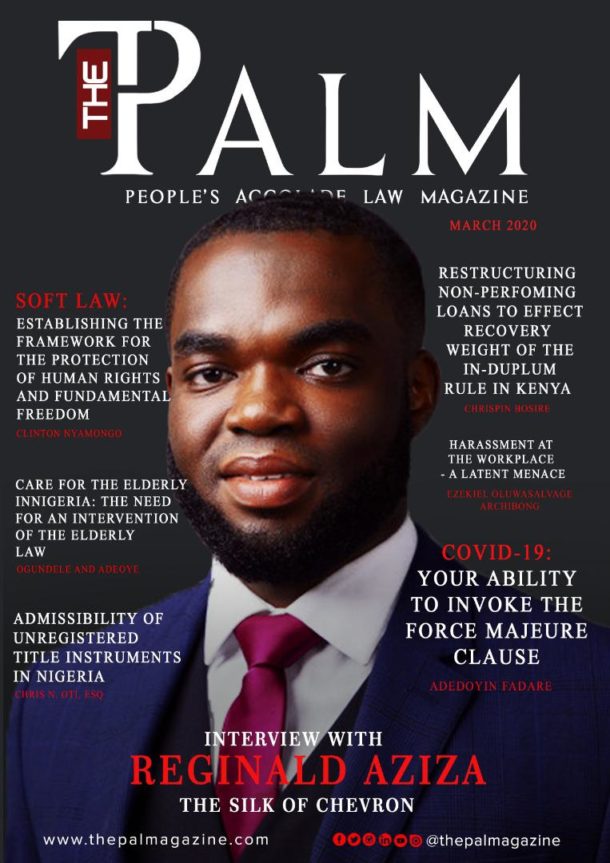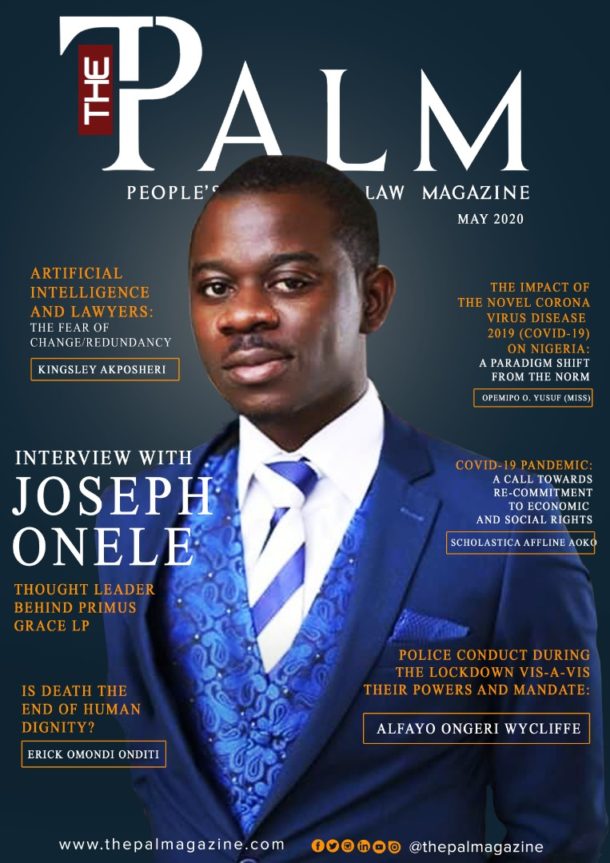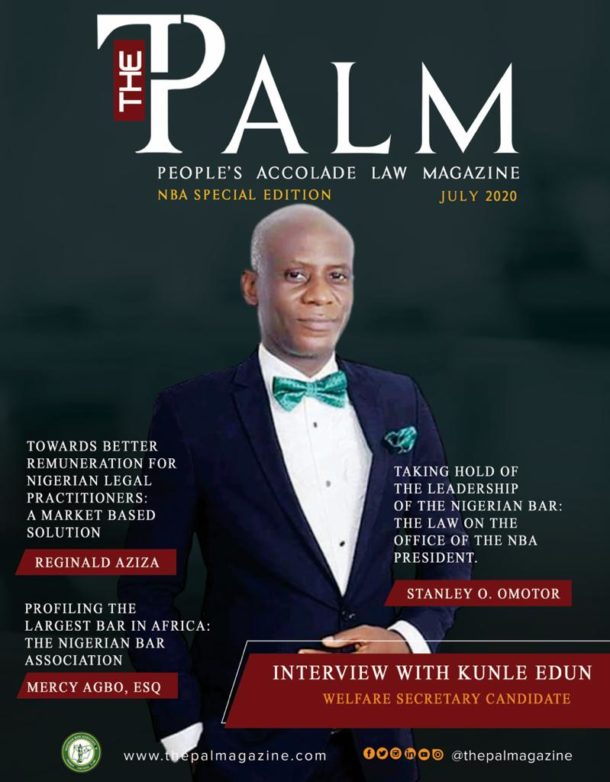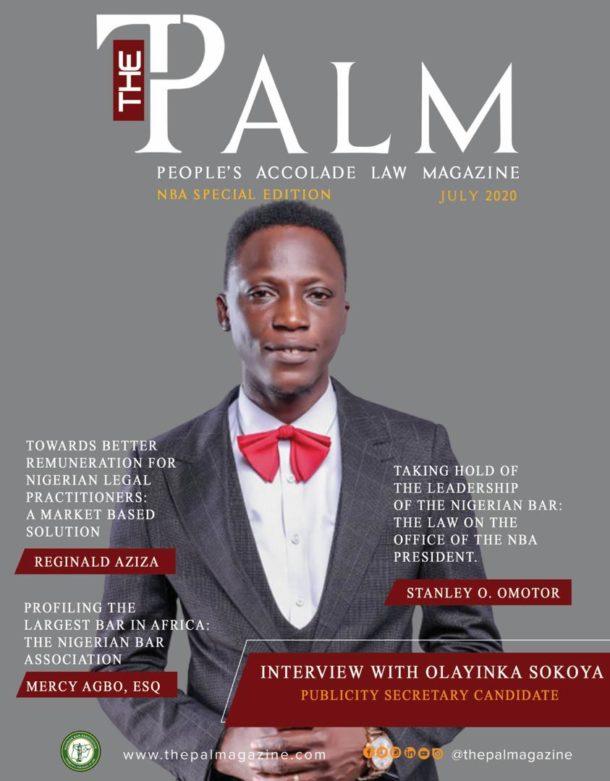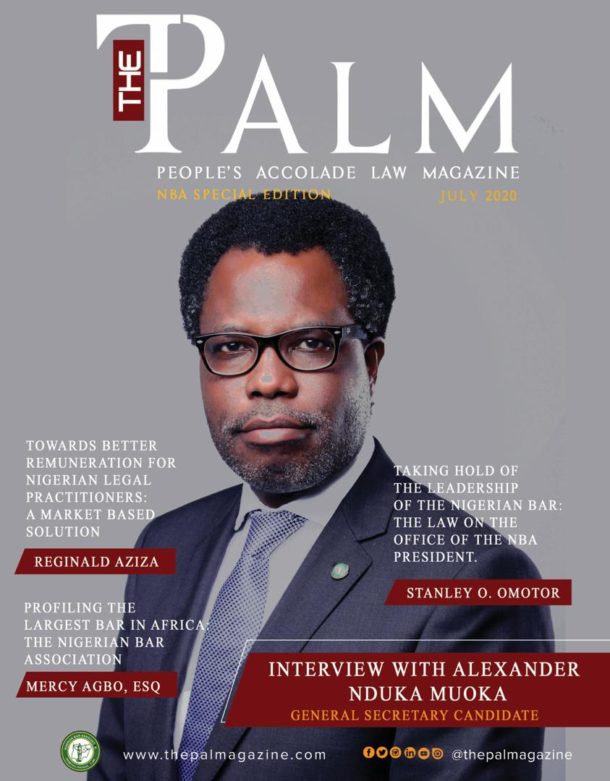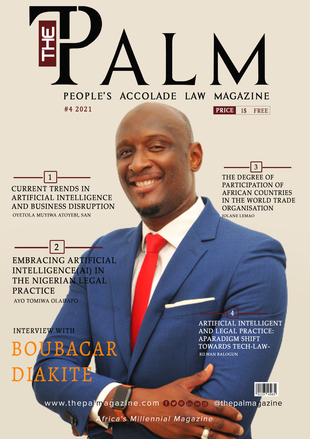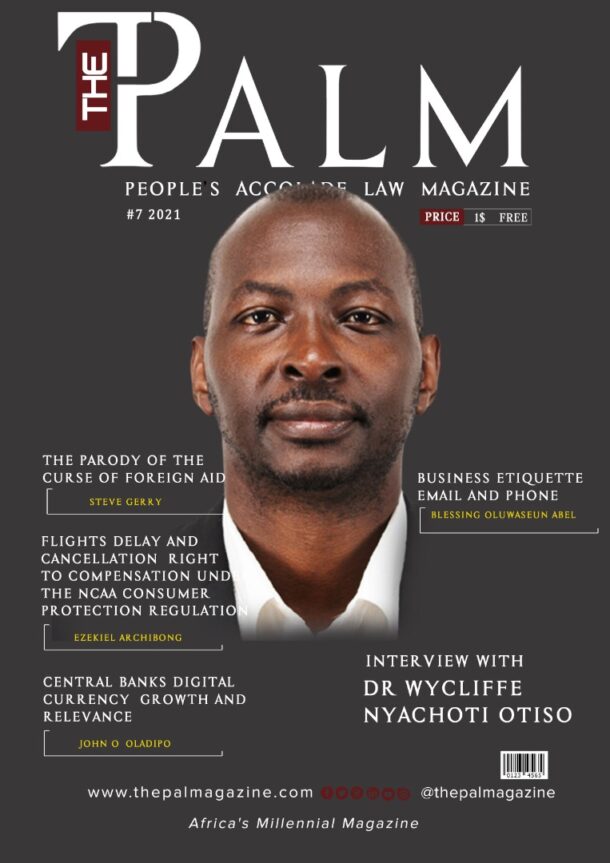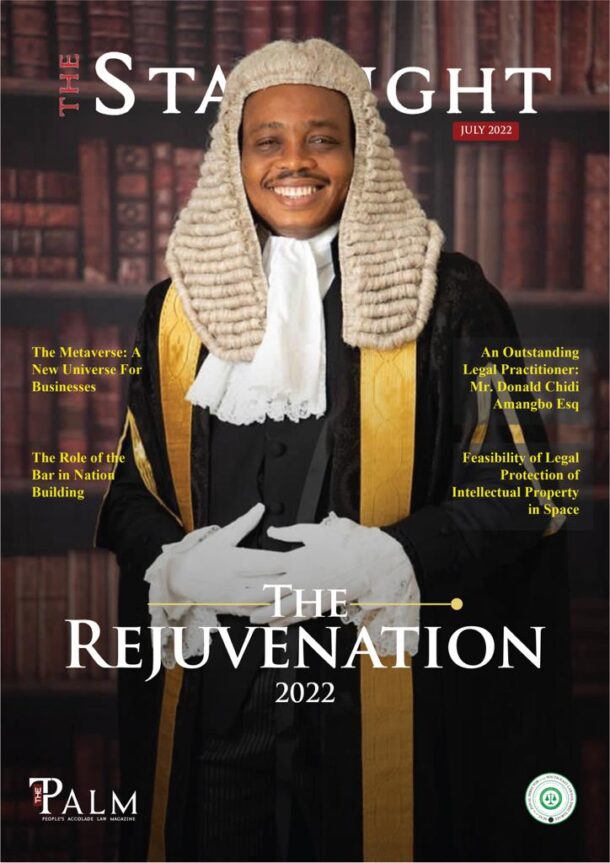The mind is a complex entity and without a total or partial knowledge of how it functions and interconnect with individuals’ covert and overt behaviours, conflicts are bound to arise and remain unsolved within a corporate entity and the world at large. The mind is unique in that it is not constant in every person rather, it is made up of factors detected in the environs which could negatively or positively influenced our behaviours.
With the emphasis on Negative behaviours as it affects individual’s covert behaviour which evolves into High-Conflict Behaviour (HCB). It is detailed as a preoccupation with blaming others ‘target of blame‘ and extreme behaviour or threats coupled with traits of Personality Disorder- a mental disorder that causes a person to have an ongoing pattern of social impairment or internal distress. It diversifies into Narcissistic Personality Disorder- which makes a person think one is superior to everyone and have a fear of being inferior; Borderline personality disorder– where a person as fear of abandonment which often results in clinging behaviour or rage; Antisocial Personality Disorder-person becomes aggressive and ruthless, a Sociopath and so on.
To understand persons diagnosed with these unconscious conditions, we must understand how it came to be. They can arise from the cultural background they grew up in(violence, drug dealing), Childhood experiences (unstable home, insecure parent–child attachment abuse), and Genetic tendencies (inherited from parents or grandparents). And common to persons who exhibit personality disorder and HCB is the inability to not reflect on their behaviour, not able to see how they cause their problems and difficulties in their relationship with others,not able to change their behaviour because they are not able to see themselves as part of the problem, unmanaged emotions and preoccupation with blaming others other than themselves,be it life, universe, government, individuals, group of people.Therefore, they remain stuck in their dysfunctional patterns of behaviour which in turn lead to negative private or public consequences such as loss of friends, job, divorce and legal action.
Usually, in Client and Work Dispute which becomes unsolved, these mental disorders intertwine with High conflict behaviours. As such, professionals in Law and business, Lawyers, Mediators, Judges, Social workers, Therapist, Health care professional, business owners and students aspiring to succeed in their professions should be experienced in handling such conflict while dealing with a co-worker, business partner or client. With effective intervention and management techniques, people with HCB can be managed especially if in a close relationship with them oras a person in a position of authority you found yourself trying to be controlled by one.
It is generally concluded that the most difficult people to deal with in Legal disputes and business conflicts tend to be people with HCB and personality disorders because they make no effort to change or improve the situation. Ironically, people with HCB are playing a bigger role in the society, especially in thebusiness and legal worldbecause they are usually highly skilled, adept and creative, this makes them essential to an entity whose objective is to grow and develop.
HCB can be detected in a client-based relationship when a professional is blamed for minor or non-existent problems which they have been informed of or notified. For instance, a lawyer may have told a client about a chance to settle a legal dispute but the client will deny ever being told, also, a client may have avoided opening their mail from a lawyer or business partner because they knew it would be upsetting, thereby missing an important deadline. A Business client may have lied about Finances and unable to fulfil a contract but yet focus their anger on someone else.
Some High-Conflict people don’t have personality disorder which makes them susceptible to change but, most people with HCB appear to have traits of personality disorder which makes their dysfunctional behaviour and sense of internal distress persist or even worsen over time.
professionals need to be armed with how to deal with people with HCB especially because the are often the closest and easiest ‘Targets of Blame’. Necessary steps can abided by faithfully:
Don’t try to make them see or understand how their behaviour is the cause of their problems and conflicts. While giving insight may feel good to the giver, the receiver with a Personality Disorder and HCB will interpret it as criticism which in turn makes them categorize you as an enemy hence, respond by being strongly defensive and apportioning blame. Rather try to connect and communicate with them through empathy, attention and respect. This portrays that you understand their frustration and feelings, thus calms them and make them see you in a more positive light.
Avert speaking of what’s gone wrong so as not to get stuck in the past.Instead, analyse other options or alternatives. This gets them to think rather than be defensive about future extreme behaviour which has not happened yet. Point out their choices and consequences of this choices relying mostly on policies, rules and laws.And ensure that theyunderstand that their behaviour is their own decision. They feel more empowered and respectedmakes them see you with less hostility.
This is an ideal setting for using skills that calm HCB. Response writing lessens overreaction to minor situations because it focuses on brevity and providing information. Ithelps them focus on making choices anddecisions about the future.
Sources
Discussions with Tania Sourdin, Bill Eddy and Megan Hunter Personal Experience





